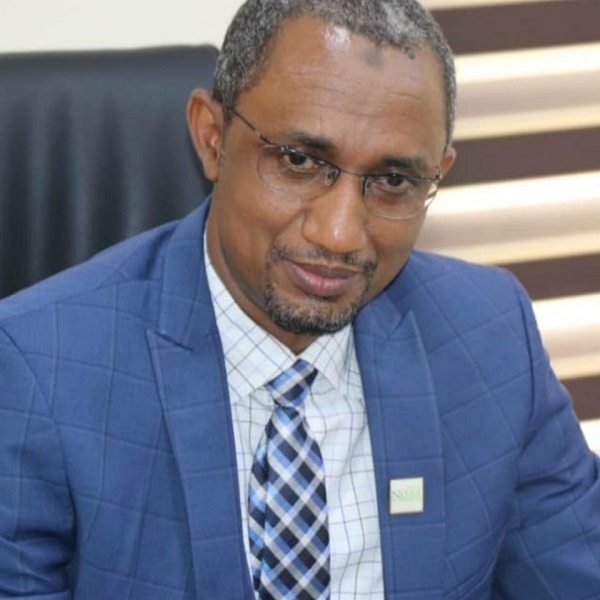
The director-general of the Nigerian Meteorological Agency (NiMet), Prof. Mansur Matazu has called on all stakeholders to rally around and support early warning for all in climate change across the world, region and the continent.
He made this call while delivering his goodwill message at the Climate Policy Dialogue and Inauguration Ceremony of the Continental Multi-Hazard Advisory Centre, organised by the African Centre of Meteorological Applications for Development (ACMAD) and its partners in Niamey, Niger Republic.
Matazu, who is the chairperson of the ACMAD Board of Governors noted that the impacts of climate change across the globe in recent decades have been a serious wake-up call for climate actions across major sectors of our societies and economies.
He observed that developing countries, most of which are in Africa, have found it difficult to respond adequately to weather and climate-induced disasters such as floods, drought, desertification, heat waves, squally winds, tropical cyclones, etc. Now, more than ever, GDP, inflation, interest rates, diseases, epidemics and pandemics are exacerbated or even driven by hydrometeorological events.
The NiMet boss stressed that to promote and support early actions against the vagaries of weather and changing climate, providing hydrometeorological predictions and advisories with sufficient lead times ahead of these events is of strategic importance to mitigating the arising threats, building climate resilience and ensuring sustainable development.
Matazu revealed that, to address this, the African Union Commission (AUC), regional economic communities and countries through ACMAD (a continental centre), regional climate centres (RCCs) and national meteorological and hydrological services (NMHSs) have concluded steps to build a support system. This system is for assessing the state of climate for Africa, analysing predictions data and providing early warnings for early action as the first line of defence to adapt to climate threats and increase resilience to disasters.
He, therefore, expressed confidence that the dialogue will highlight climate variability and trends, summarise main impacts and assess responses to disasters in 2021 across Africa. Given the urgency and importance of climate impact reduction, the AUC and partners, with the support of the Italian Development Cooperation are establishing the African Multi-Hazard Early Warning and Early Action System (AU MHEWAS), explaining that the MHEWAS will be coordinated through a continental multi-hazard advisory centre which will be inaugurated at ACMAD headquarters.
“We must and we can put national, regional, continental, UN and other stakeholders firmly behind early warnings for all,” he added.

